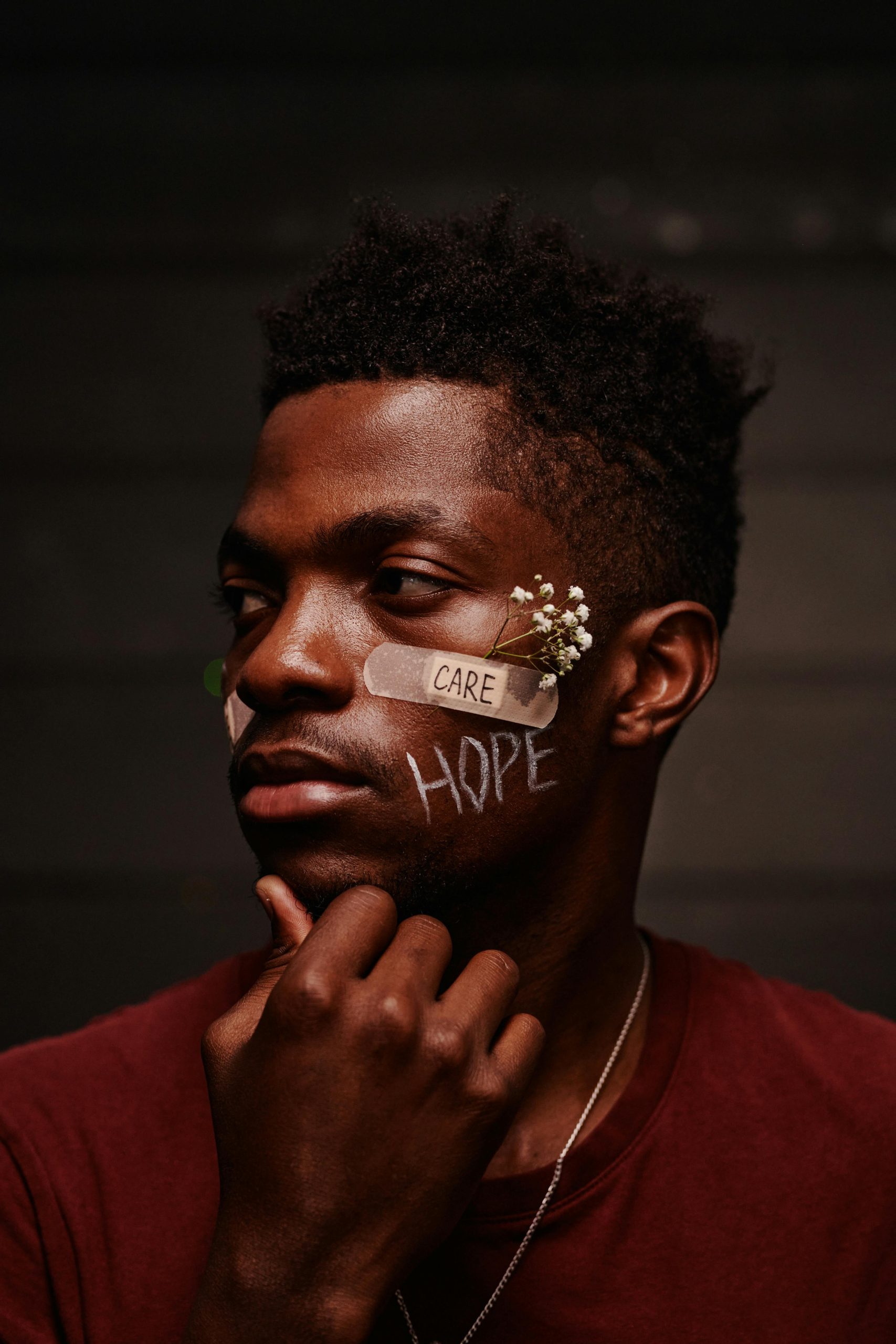Am I just the “Plan B”?
I’d love to hear insights from experienced recruiters.
I submitted my application over a month ago and received a call from an internal recruiter who mentioned that my qualifications perfectly matched the role.
Here’s how the interview process unfolded:
- First Interview: I had a session with a junior manager and someone from HR. I felt I performed reasonably well.
- Online Assessment: Unfortunately, I don’t think I did well on this part.
- Second Interview: I spoke with the hiring manager and felt okay about my performance.
After this, there was a week of radio silence.
Originally, there was supposed to be a two-stage interview process, but then the recruiter informed me that they wanted me to have an informal chat with the director. I inquired if other candidates were at this stage, and the recruiter confirmed they were not.
The director’s interview lasted about 10 minutes. He asked me standard questions related to the role. I felt I did okay but knew I could have performed better.
Then, there were three days of silence.
I reached out to the recruiter and received a call back explaining that they were finalizing details and he was passing my case to his team while he went on leave.
The long bank holiday has now passed, and there hasn’t been any update. I noticed no updates on Tuesday and again today.
I’m starting to feel anxious and suspicious, wondering if I’m merely a backup option in case their preferred candidate declines the offer. How likely is this scenario? Is it common practice in the industry to keep a candidate “on hold”?
Thank you for your thoughts!

RCadmin
It’s completely normal to feel anxious during the waiting period after interviews. The process can be lengthy for various reasons, and while it’s natural to wonder about your status, it’s difficult to determine exactly what the hiring team is thinking.
Here are a few thoughts that might help:
Delays Are Common: The hiring process often takes longer than anticipated due to several factors, such as internal approvals, additional discussions, or even scheduling conflicts. Just because you haven’t heard back yet doesn’t mean you aren’t being seriously considered.
Plan B Scenario: While it can happen that companies keep a strong candidate as a backup, it’s not the primary reason for delays. Organizations frequently interview multiple candidates, and the decision-making process can involve many stakeholders. Just because you haven’t received an immediate offer doesn’t mean you’re a secondary option.
Recruiter Communication: The fact that the recruiter remains in contact and updates you about the process indicates that you’re still in the running. If they weren’t serious about your application, they likely wouldn’t be taking the time to communicate.
Focus on What You Can Control: Try to redirect your energy toward other job applications or opportunities while you wait. It can help alleviate some anxiety and keep your options open.
Follow Up Politely: If you haven’t heard back in another few days, it’s perfectly acceptable to follow up with the recruiter for an update. A polite message expressing your continued interest can reiterate your enthusiasm for the role.
In the meantime, give yourself credit for reaching this stage in the interview process. Regardless of the outcome, this experience can be valuable for future applications. Best of luck!